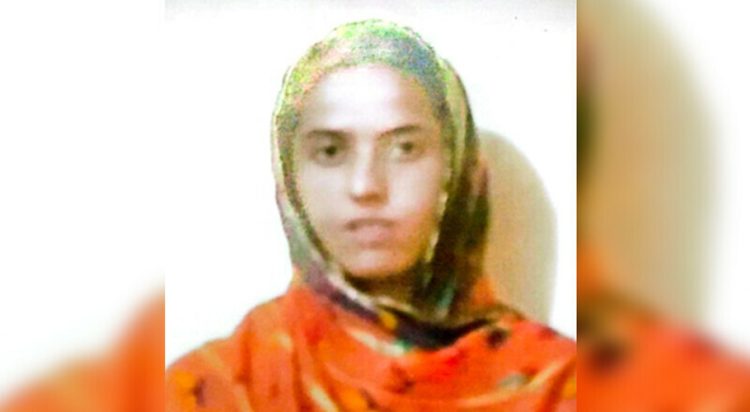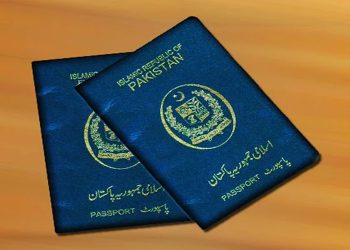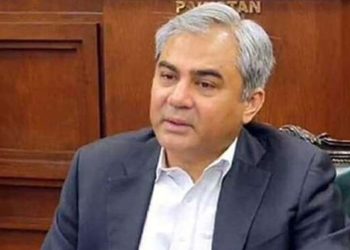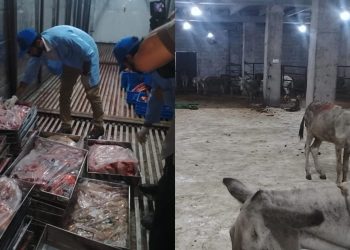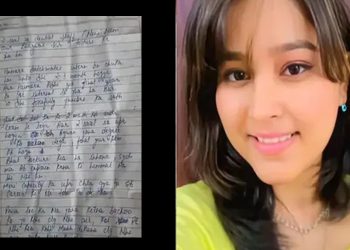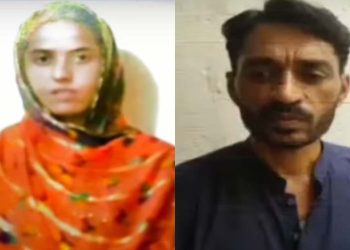Chilling details have surfaced in the suspected honor killing of 18-year-old Hafiz-e-Quran Sidra in Rawalpindi’s Pirwadhai locality, where she was reportedly slain under orders from a jirga and covertly buried with the assistance of a gravedigger and a member of the cemetery committee.
The arrested gravedigger from the Chatti Graveyard told the police that the girl was buried at 5:30 AM on July 17, after being killed. He said that Gul Badshah, a member of the graveyard committee, instructed him over the phone to prepare the grave within an hour.
According to the gravedigger, due to heavy rainfall and the unavailability of laborers early in the morning, he initially responded that the grave could not be prepared. At around 5:45 AM, Gul Badshah arrived at the cemetery with approximately 25 individuals, and they dug the grave together with the gravedigger.
The gravedigger told police that the deceased’s body was brought on a loader rickshaw, covered with a red tarpaulin. The rickshaw remained parked inside the graveyard until the grave was completed. Once it was ready, all present individuals participated in the burial.
He further said that the group flattened the grave and removed any identifying marks. Receipt number 78 for the grave was issued to Gul Badshah’s son, with the name “Sidra, daughter of Arab Gul” written on it.
On July 18, Saif ur Rehman, secretary of the graveyard committee, came to him and took the receipt book. When it was returned shortly afterward, the record of receipt number 78 had been removed.
Why was Sidra murdered?
According to police, Sidra, wife of Zia-ur-Rehman, went missing on July 11 after a domestic dispute. Her husband, father Arab Gul, and relative Ismatullah suspected her of eloping with Usman, a local resident. On July 16, Sidra’s father, brother, and Ismatullah located her in Muzaffarabad and convinced her to return.
A jirga was held at 4 AM on July 17 in Rawalpindi, led by Ismatullah, which declared that Sidra had forfeited her right to live. She was allegedly suffocated with a pillow by her father, brother, and uncle-in-law. Family women performed the funeral rites, and Ismatullah led her funeral prayer.
Her first husband, Zia-ur-Rehman, allegedly attempted to conceal the murder by registering a case at the same police station.
In the First Information Report (FIR) filed on July 21, Zia-ur-Rehman claimed he married Sidra on January 17, 2025, and accused her of fleeing with gold jewelry and cash. The FIR also mentioned her alleged illicit relationship with Usman and an “unlawful” marriage.
According to the FIR, Zia alleged that Usman, a resident of Fauji Colony in Rawalpindi, lured Sidra away and unlawfully married her. He requested the police to recover his wife.
What did Sidra’s second husband say?
The woman’s alleged second husband, Usman and his father, has appeared before Pirwadhai polic. It has been revealed that the funeral prayer of the murdered woman was led by the main accused, Ismatullah, who had pronounced the jirga verdict for her honor killing.
The victim, Sidra, had entered into a second marriage with Usman in Muzaffarabad on July 14. Her father-in-law, Muhammad Ilyas, said in a video message that his son Usman works as a mechanic in Pirwadhai and had brought Sidra home, after which their marriage was solemnized.
According to Ilyas, Sidra told them she was a Hafiza of the Qur’an, her father had passed away, and her mother had married her paternal uncle. Sidra further said that her uncle was forcing her to marry an older man and had threatened her. Three days after the marriage, 8 to 10 armed men stormed their house in Muzaffarabad, issued threats, and forcibly took Sidra to Rawalpindi, where she was later killed.
The official marriage certificate of Sidra and Usman has surfaced, showing that their nikah took place on July 12 and that Sidra was listed as unmarried.







